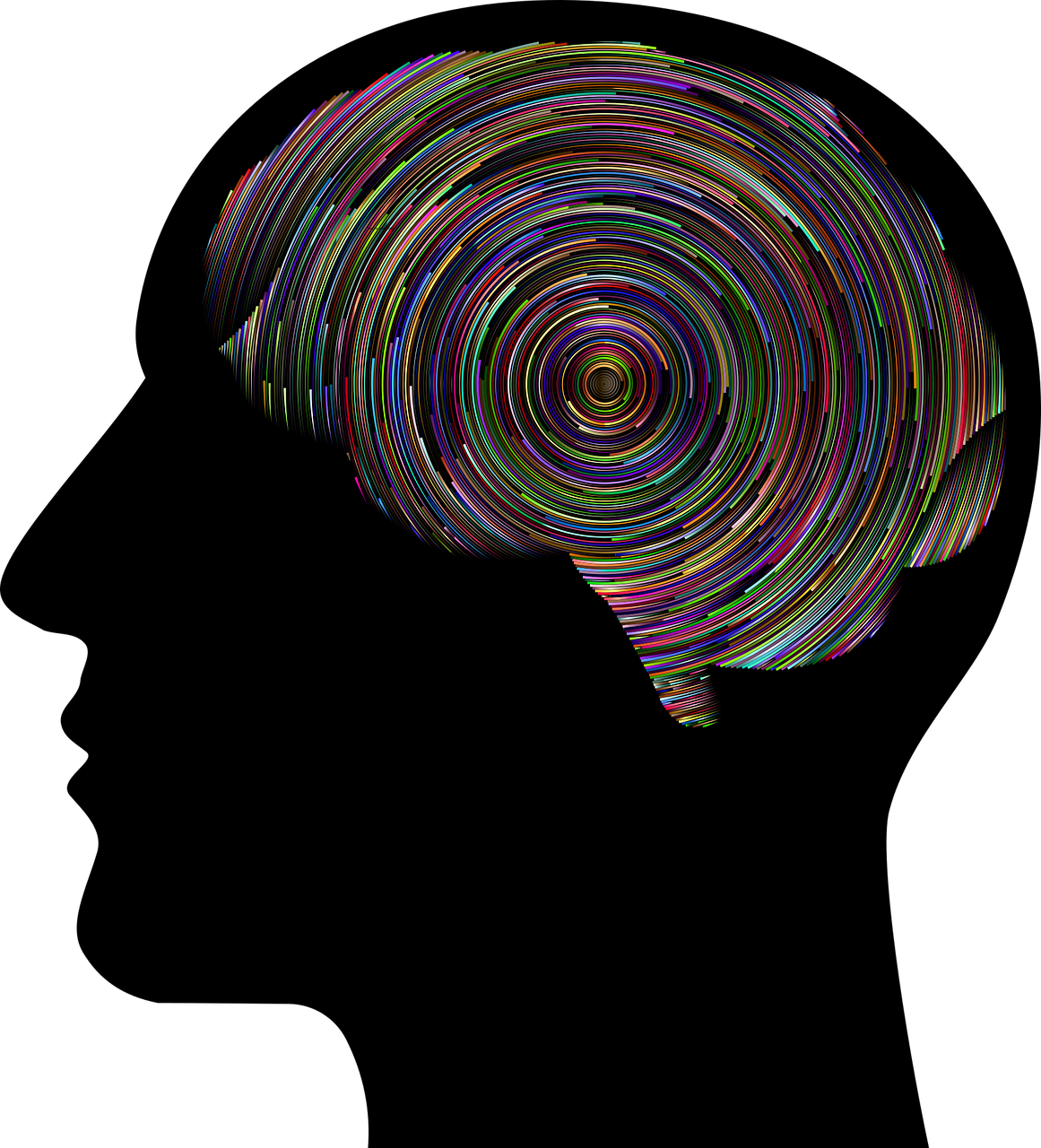
Social Distancing and Coronavirus: What Are the Implications on Mental Health?
A Q&A with Alison Miller, Associate Professor of Health Behavior and Health Education From the University of Michigan School of Public Health News
Social connection is a primary way to cope with mental health difficulties and stress. At a time when much of the population is practicing social distancing due to the spread of COVID-19, the disease caused by a novel coronavirus, losing direct connection with friends, colleagues and extended family can exacerbate existing mental health concerns in an already stressful time.
Alison Miller, associate professor of Health Behavior and Health Education at the University of Michigan School of Public Health, explains methods for managing stress as well as who may be vulnerable to added mental health and stress impacts during this time.
What do we know about social interaction and how has it been impacted by the spread of COVID-19?
In general, humans are social creatures and we value our relationships with other people. So in times of stress, our instinct is often to reach out to others in our social groups to help ourselves feel better, whether that is to be comforted by a friend or a loved one, or to do the same for other people. When we can't do this, we may feel helpless or lonely, and this may interfere with our ability to cope effectively with stress.
When there's a big event happening in our environment—such as the spread of COVID-19—our instinct is often to connect with other people to seek support or discuss the situation and gain perspective as methods of coping. Because COVID-19 is spread through person-to-person contact, our normal avenues for social interaction in the physical world have changed and need to be conducted virtually. This may feel less effective and less soothing than connecting in person because we’re not used to it as our primary form of connection.
Are there particular groups especially vulnerable to additional stress during this time?
Health care workers are an important population to consider, as they are on the front lines of this epidemic, often with limited supplies to protect themselves. Gig economy workers like Uber drivers and food delivery service members have also been mentioned a lot in the news recently. These jobs are really important for making sure people are able to get groceries or necessities, but these individuals are not able to stay home and self-isolate in a way that they could do if they were working from home. Instead, they are interacting with larger numbers of people which could place them at greater risk for contracting COVID-19.
In addition, there are significant financial implications for other individuals who have lower incomes and who may already be living at the margins, for example people who may have unstable housing conditions, limited health insurance, and/or temporary employment. I’ve spoken with people who are worried about what the implications of a reduction in hours or job loss may do for their income as well as their access to food, health care, and shelter. These are important groups we need to be thinking about both when we make recommendations for immediate social and physical distancing, as well as in considering longer-term recommendations going forward.
What approaches can help people overcome the mental health challenges and stress of living through a global pandemic and needing to practice social distancing?
Even if you're physically distanced from people, there are many things you can do to socially connect with others. Now may be a great opportunity to reach out and connect with an old friend who you don't have time to call on a regular basis. Reaching out to people who are in the areas that are being hit hard by COVID-19 might be important to do at this time. People are even hosting virtual birthday parties, happy hours, and concerts to connect in times of social distancing.
When we’re experiencing stress, the stress systems in our body are activated, which makes sense but can be harmful if kept up indefinitely. Learning deep breathing or muscle relaxation exercises can directly help to calm our biological stress response. There are apps and videos that can help you engage in these behaviors. Physical movement or exercise also provide a range of benefits, including reducing stress and improving mental health. Consider taking a walk outside, if you’re healthy and staying at a 6-foot distance from others. There's research that shows that even looking at nature can help calm stress.
Another thing to think about is how much you're monitoring the current COVID-19 situation and how much news you're consuming. It’s extremely important to be informed, but if the information is causing a lot of stress for you, it may be best to limit how often you’re watching the news or reading articles. Perhaps limit yourself to viewing the news twice a day. You’ll hear about big news. Don’t look at the news before going to bed, because it can interfere with sleep, and we all need sleep in order to cope. No one handles stress well in an overtired state.
And finally, along the lines of positive well-being, it's important to engage in positive emotional experiences and reflect on positive things during a stressful time; this can actually reduce our stress as well. Think about things that you're grateful for, do acts of kindness for others, deliver letters to your neighbors. There are many positive activities we can all participate in while still practicing social (really, physical) distancing.
Full Article at School of Public Health News: Social Distancing and Coronavirus: What Are the Implications on Mental Health?"